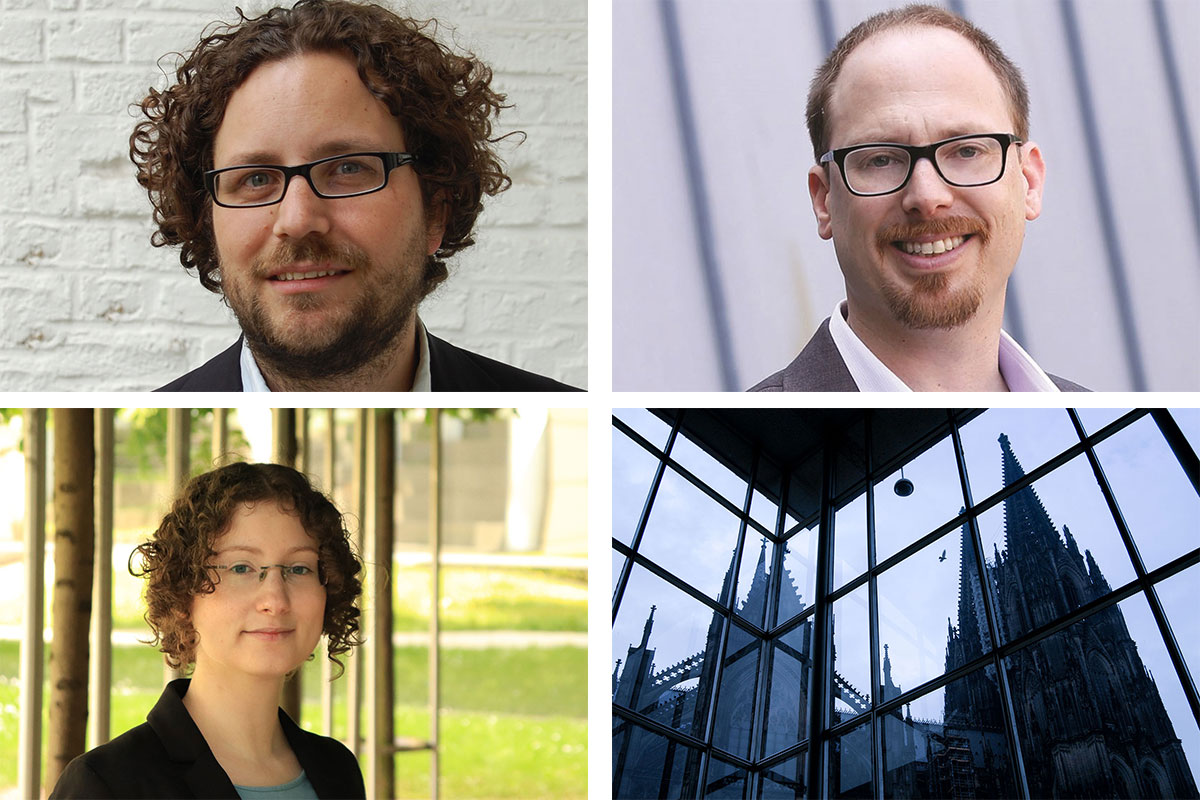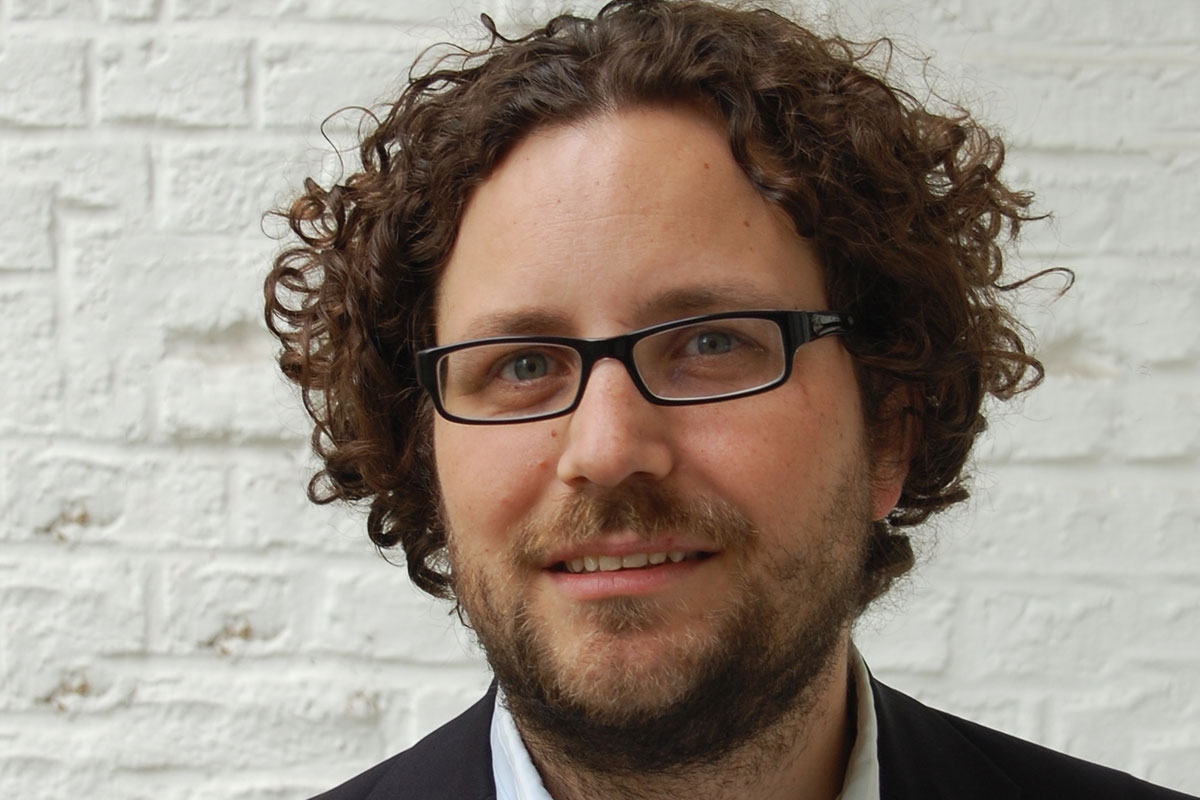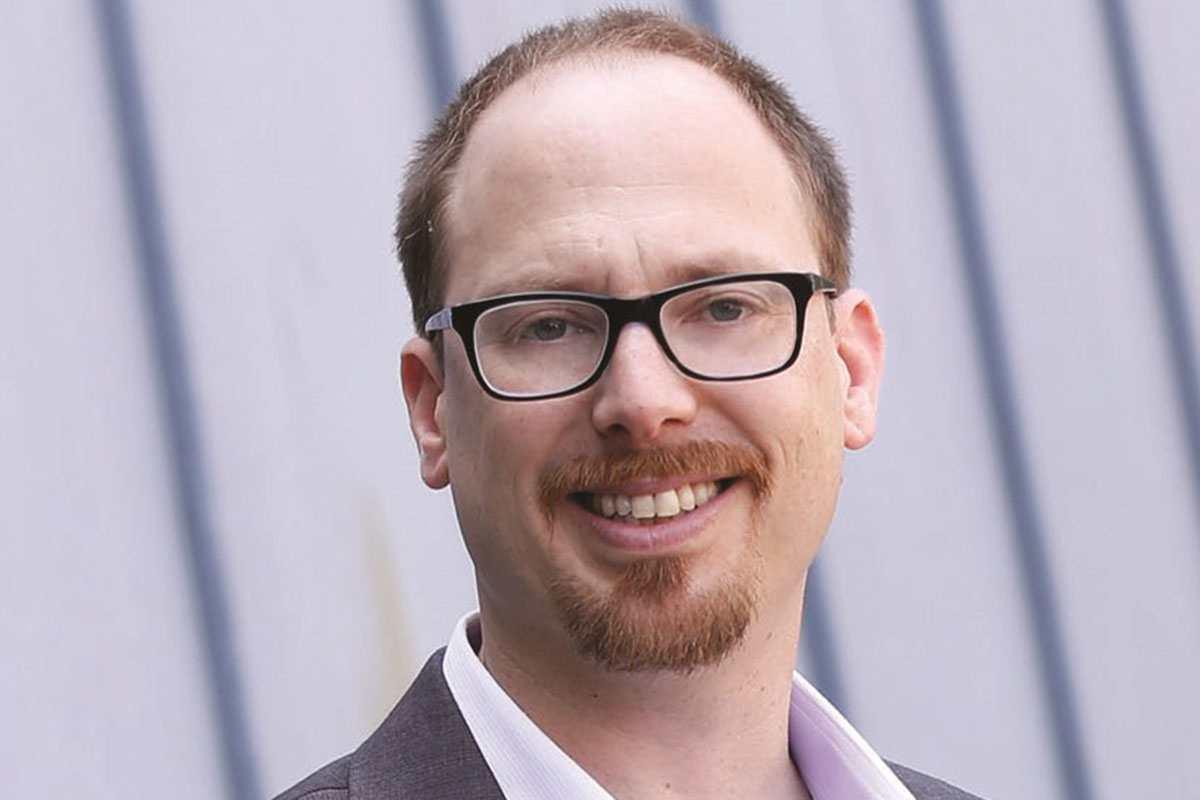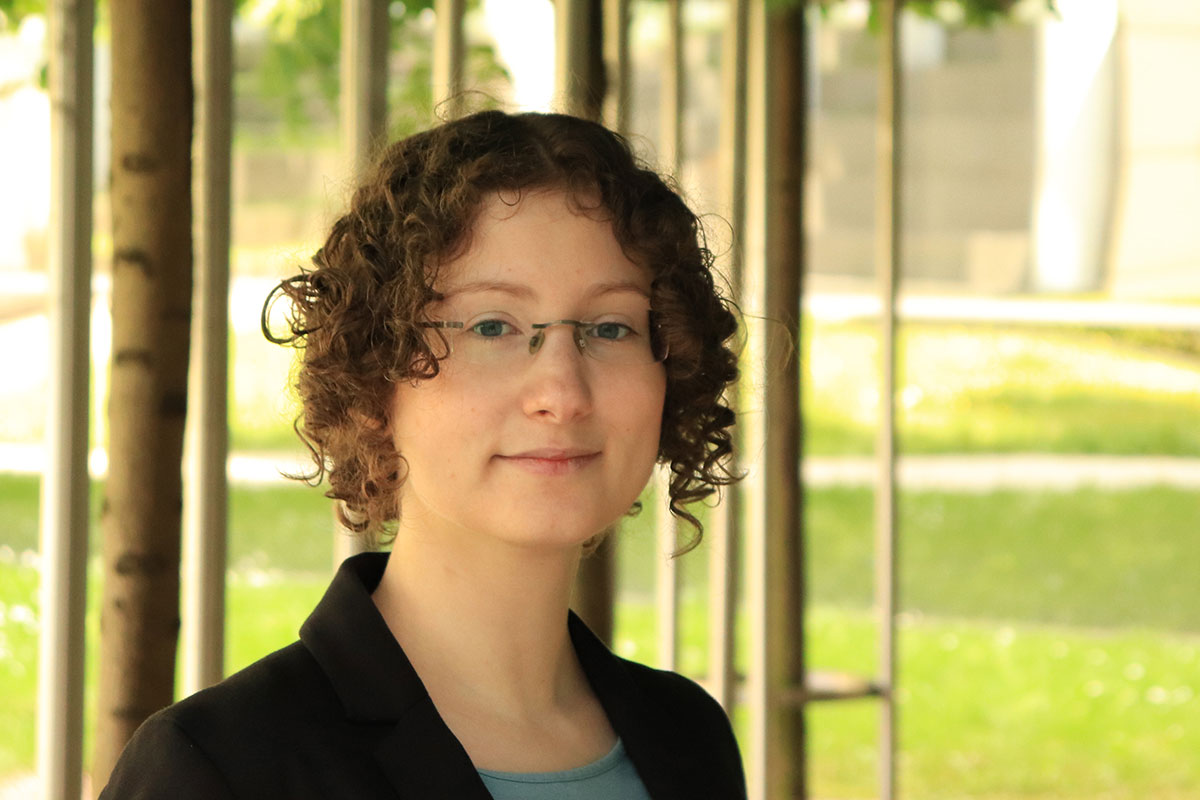When They Go Low, We Go High? People's Reactions to Political Corruption Depend on Relativity Processes
Researchers
Joris Lammers • Adam Galinsky • Alexandra Fleischmann
Description
People's reactions to cases of corruption and other political scandals appear unpredictable. Sometimes, people appear indifferent to the most shameless acts of misconduct by elected representatives, while at other times they suddenly rise up in anger. On the one hand, the perception that a political candidate is not true to earlier words can devastate their odds of winning elections, but some politicians have managed to be elected and re-elected despite decades of corruption charges. Inspired by such seemingly inconsistent observations in democracies across the globe, the objective of this project is to demonstrate the central role of relativity and comparison processes to explain people's reactions to political corruption scandals. It does so in three Work Packages that each focus on one specific type of comparison that is relevant to one specific stage of the evolution of corruption. In Work Package I we focus on self-politician comparisons. Building on the findings of the First Funding Period, we propose that a moral threat can explain why voters sometimes vote for corrupt political candidates. In Work Pachage II we focus on politician-system comparisons. We aim to focus on processes of comparison to explain why hearing about political corruption can lead to political activism among some citizens and political apathy among others. Finally, in Work Package III we focus on system-citizen comparisons. Here we aim to show how hearing about corruption can sour relations between citizens and lead to distrust and selfishness – but can also produce the opposite effects and increase trust and altruism. By demonstrating across all three projects that citizens' reactions to political corruption are fundamentally flexible, we propose that this project offers a fundamental insight that can help citizens to react to political corruption with a battle-cry to defend democracy, engage in political activism, and support challengers—while maintaining solidarity with their co-citizens.
Contact
Contact

Universität zu Köln
Sozialpsychologie I
Richard-Strauss-Str. 2
50931 Köln | GERMANY
Telephone +49-221-470-6126
Fax +49-221-470-1216
E-mail joris.lammers(at)uni-koeln.de




